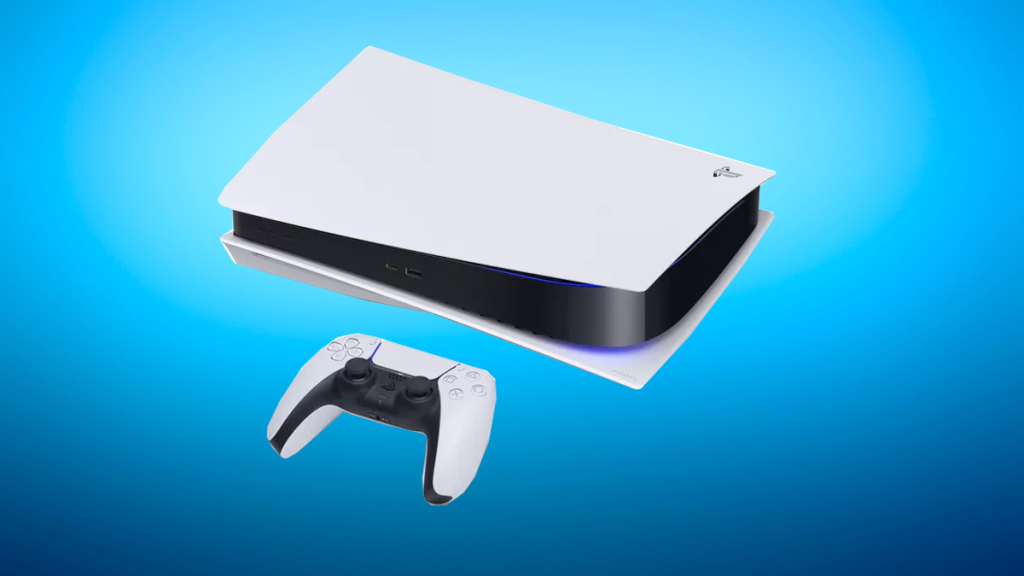PlayStation 5 games seem to now be performing better than before thanks to a recent system update. Although the performance boost on certain games is somewhat negligible, it shows that the team at Sony is able to do more than it has in the past with system updates for the PS5 when compared to the PS4. It also shows even greater promise when taking into account some of the “exciting” features that Sony has said it hopes to push out for the PS5 in the future.
Videos by ComicBook.com
News of these increases in speed and performance for games on PS5 was discovered by Digital Foundry. Based on extensive testing that had been done by Digital Foundry after the release of September’s new system update for the next-gen console, certain titles would perform better than before in certain instances. For example, in one game’s photo mode, the typical 30fps frame rate that normally was on display had been boosted by around 1 or 2fps. Conversely, a cutscene found in another game resulted in the same type of speed increase.
As a whole, Digital Foundry estimates that game performance across the board for PS5 titles received a one-to-three percent boost. However, this may not be consistent for every single game that is available for the PlayStation 5. That being said, titles that feature a frame rate that isn’t locked to a single level seem to feature this performance boost far more compared to ones that are set at a certain threshold.
Whether or not this type of feature is something that we can expect to see from future updates for the PS5 remains to be seen. Regardless, it’s great to see that Sony is looking to do more with console updates of this nature rather than just adding a few new tweaks here and there.
Have you noticed any improvements to the performance of your PS5 games since the release of this new console update? And what do you think about these boosts to game performance in a general sense? Let me know all of your thoughts either down in the comments or over on Twitter at @MooreMan12.
[H/T Ars Technica]









